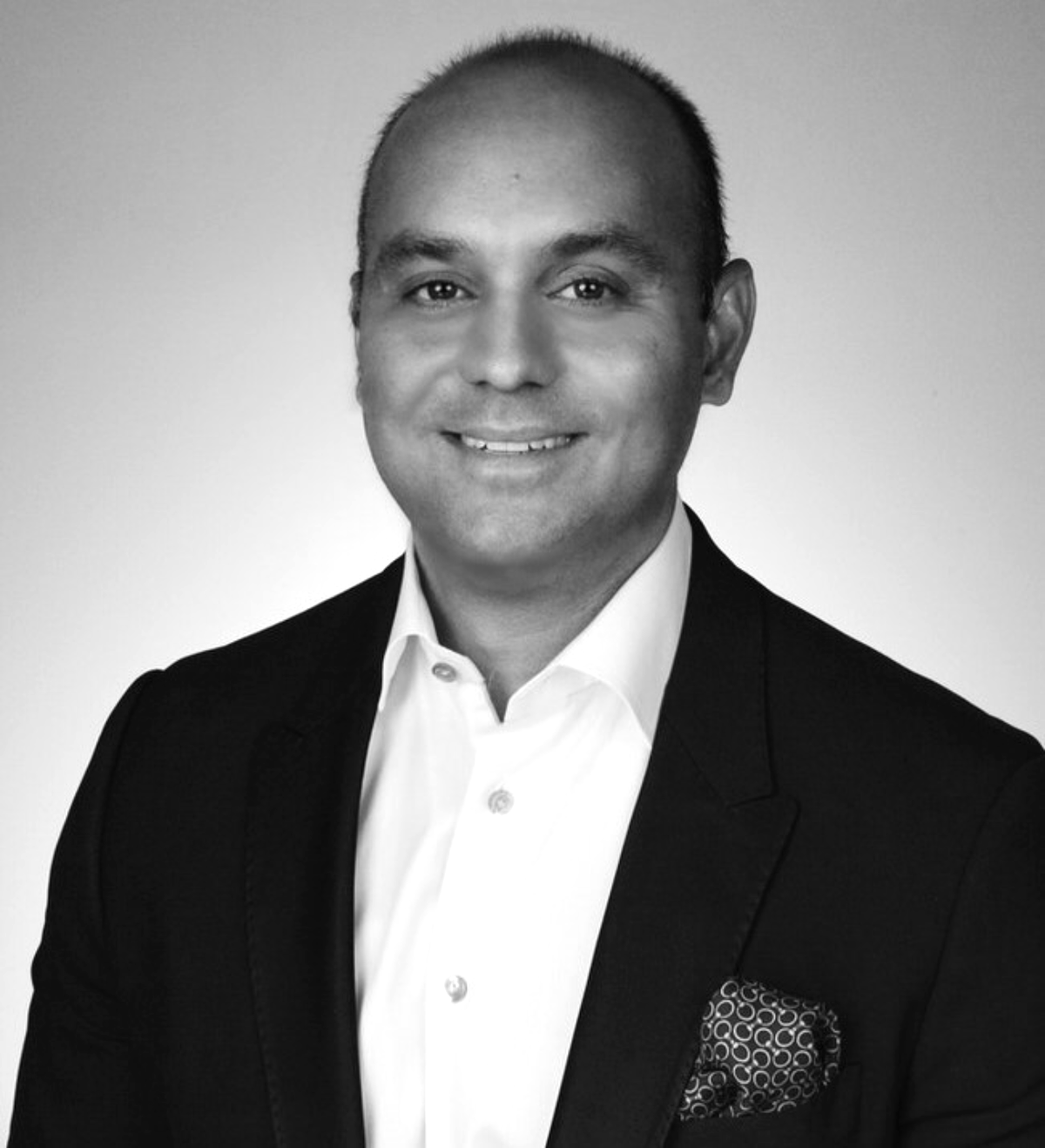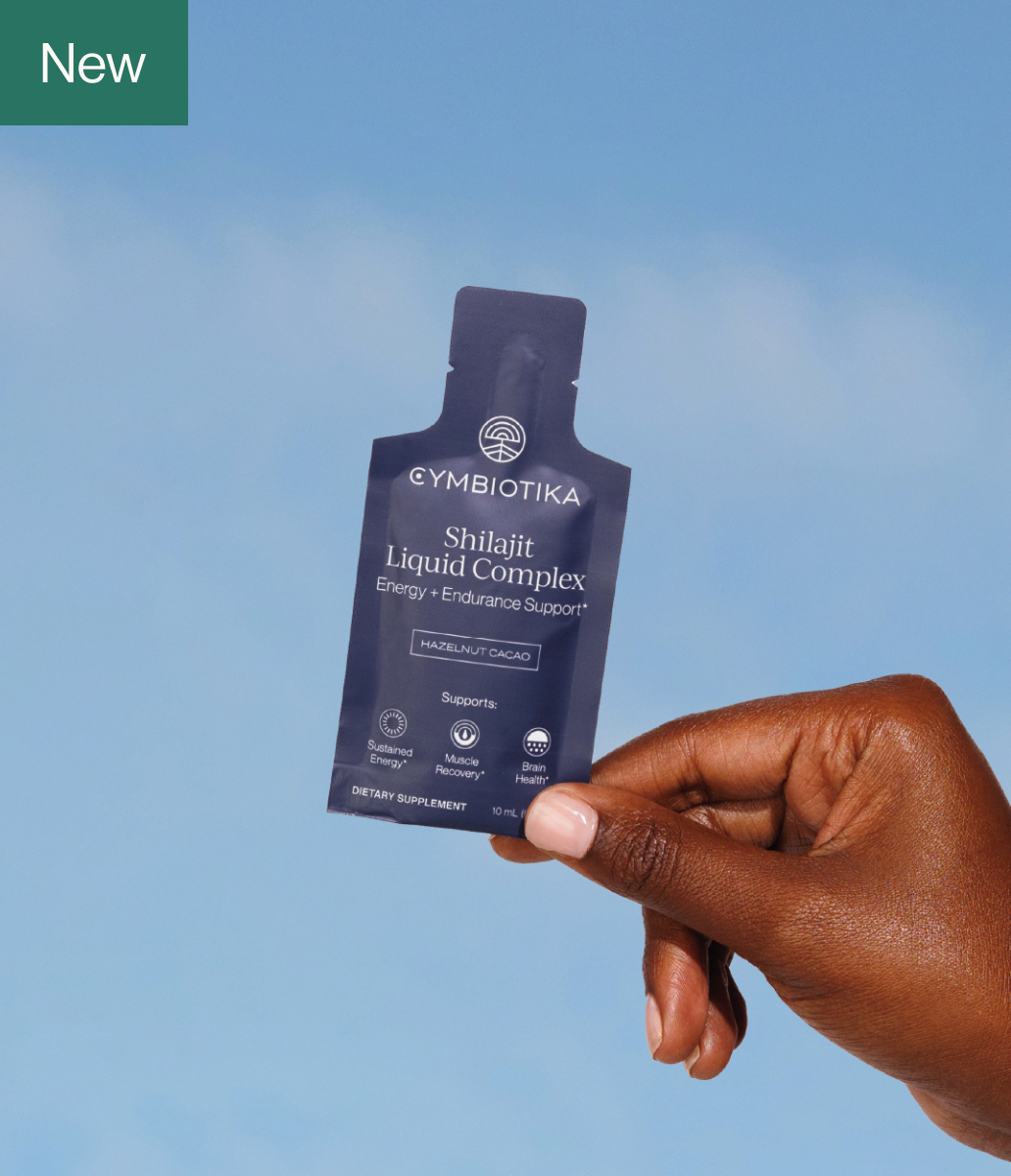

FIND TALENT..THEN PAY THEM WELL!: If you follow sports; the team with the best talent (usually) wins. In my prior career, I sat in meetings where we passed on top tier talent due to the bureaucracies of the organization. There were concerns around setting compensation precedent. This is a short sighted approach. Focus on ROI. What is the incremental lift from a high-end performer vs. the baseline? Pay a lot, expect a lot!
Aspart of my series about the leadership lessons of accomplished business leaders, I had the pleasure of interviewing Shahab Elmi.
Shahab Elmi is a serial entrepreneur who has founded four companies: Cymbiotika (nutritional supplements), DASH Radio / DASH International (online radio), KNK Group (Cricket Wireless stores), and Day Group (customizable phone cases). Shahab sold Day Group to Duckie Accessories for an 8-figure sum just 26 months after it was founded.
Under Shahab’s leadership, KNK Group has been awarded the title of “Cricket Wireless National Dealer of the Year.” This award comes well earned — in 3 years, KNK Group has opened 172 stores in 6 states. Additionally, Shahab is a member of the Board of Advisors at Bomani Cold Buzz, and on the Board of Directors at Massiv Clothing.
Thank you so much for doing this with us! Before we start, our readers would love to “get to know you” a bit better. None of us are able to achieve success without some help along the way. Is there a particular person who you are grateful towards who helped get you to where you are? Can you share a story?
A former boss once told me: “Hope is not a strategy.” I try to build redundancies and contingencies for every variable. Never “hope” things go right.
What advice would you give to your colleagues to help them to thrive and not “burn out”?
I have been a serial entrepreneur for years and have had success in various industries. What I have learned is that diversification is integral to thriving in the workplace because it creates long term security. However, to truly excel, it is crucial to find a passion project. For me, that is Cymbiotika.
What are some of the factors that you believe led to your eventual success?
Discipline. Focus. Unwilling to Compromise.
We start and end each meeting with Quality and Quality control discussions. This laser focus became the foundation of everything we do at Cymbiotika: to create the best health products in the world.
What are some of the goals you still have and are working to accomplish, both personally and professionally?
Professionally, I want to expand the product portfolio. We are slated to begin distribution for Cymbiotika in 8 countries in Q4 2020. We would like to increase that number to 20 countries by 2021.
Personally, I want to be the best husband, father, son, friend, and leader I can possibly be.
What do you hope to leave as your lasting legacy?
Help millions (even billions) of people live longer, healthier, and happier lives.
Ok, super. Here is the main question of our interview. What are your “5 Things I Wish Someone Told Me Before I Became CEO”? Please share a story or example for each.
- YOU WILL FAIL: It will happen. Sounds terrible, but success as an entrepreneur is not linear. At some point things will not go as planned. Expecting and planning for these misses is critical. In fact, building redundancies may be the most important strategic initiative in any organization. If you sell a product, you should have 2–3 suppliers for each part/ingredient. This allows the company to mitigate risk while gaining leverage.
- FIND TALENT..THEN PAY THEM WELL!: If you follow sports; the team with the best talent (usually) wins. In my prior career, I sat in meetings where we passed on top tier talent due to the bureaucracies of the organization. There were concerns around setting compensation precedent. This is a short sighted approach. Focus on ROI. What is the incremental lift from a high-end performer vs. the baseline? Pay a lot, expect a lot!
- LEARN FROM OTHERS, NEVER EMULATE THEM: Leadership styles and company cultures are unique. Many entrepreneurs fall victim to “copycat leadership”. With so many “gurus” and leadership “how to” books, the propensity to attempt to replicate someone else’s success is a trap that leads to inevitable failure. Strategy can be duplicated; culture has to be molded.
- BUILD INFRASTRUCTURE FOR THE FUTURE; NOT THE PRESENT: A solid foundation is critical when scaling with velocity. Build infrastructure for 36 month growth. Yes, cash flow pressures will be a challenge; as a CEO, it’s our job to navigate those challenges.
- COMPANY CULTURE IS THE DIFFERENCE MAKER: Product (or service) quality is paramount; but company culture is what will fuel the engine of success. There may come a day where a competitor will provide products/services identical in quality and scope. But, CULTURE CANNOT BE REPLICATED. Everyone wants to be appreciated. Everyone wants to work in a pleasant/happy environment. Everyone wants to look forward to coming to work. As a CEO, YOU have control over the kind of environment your organization cultivates. Spend time and resources constantly working on this. NEVER EVER take your team for granted.
Can you share one of the major challenges you encountered when first leading the company? What lesson did you learn from that?
One major challenge is that the supplement industry is largely unregulated. This causes distrust from consumers and allows unqualified groups to produce and distribute poor quality products.
Scaling with velocity is one of the most challenging aspects of leading any business. In the last year, we have increased gross revenue by 800%, added 9 SKUs, created the first proprietary subscription custom bundle platform, moved both fulfillment and call centers in house, launched a new site, and implemented a vast array of Salesforce solutions. With so much happening, the challenge is identifying and remaining focused on a singular overarching priority. For Cymbiotika, that has always been: QUALITY (and quality controls). It may seem obvious; however, with so much excitement and noise around new verticals, something as “mundane” as quality is often overlooked. There is a common sentiment by consumers that states: “They were great before they became so big and commercialized”. This is a common negative residual effect of scaling with velocity…loss of quality.
Thank you for these insights!
Source: Authority Magazine






















